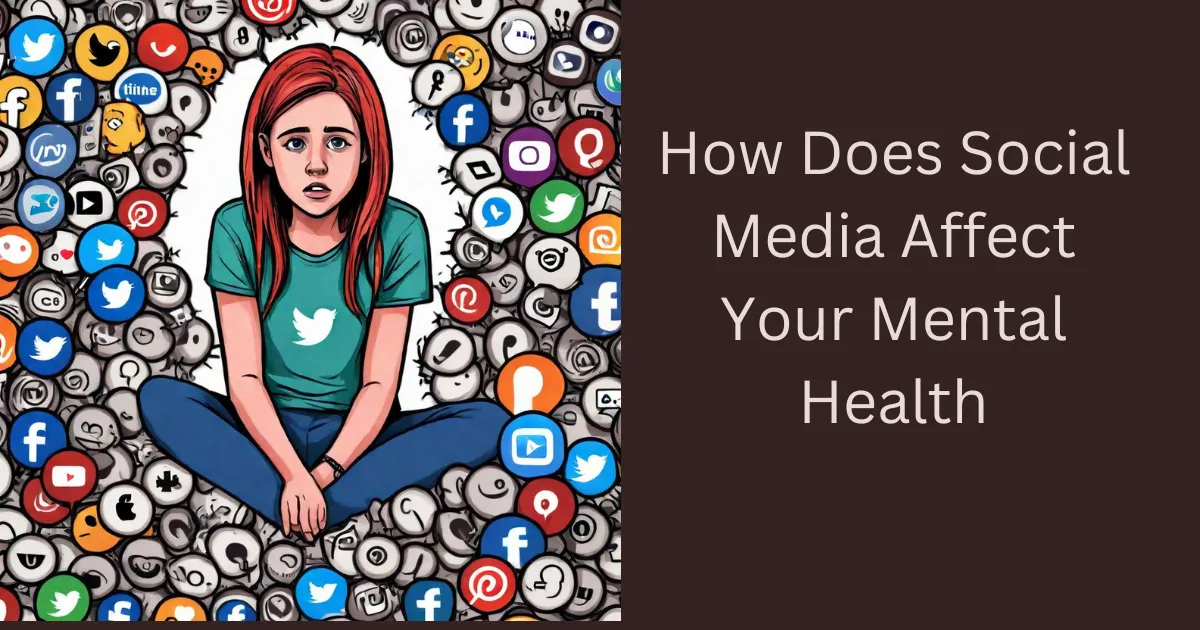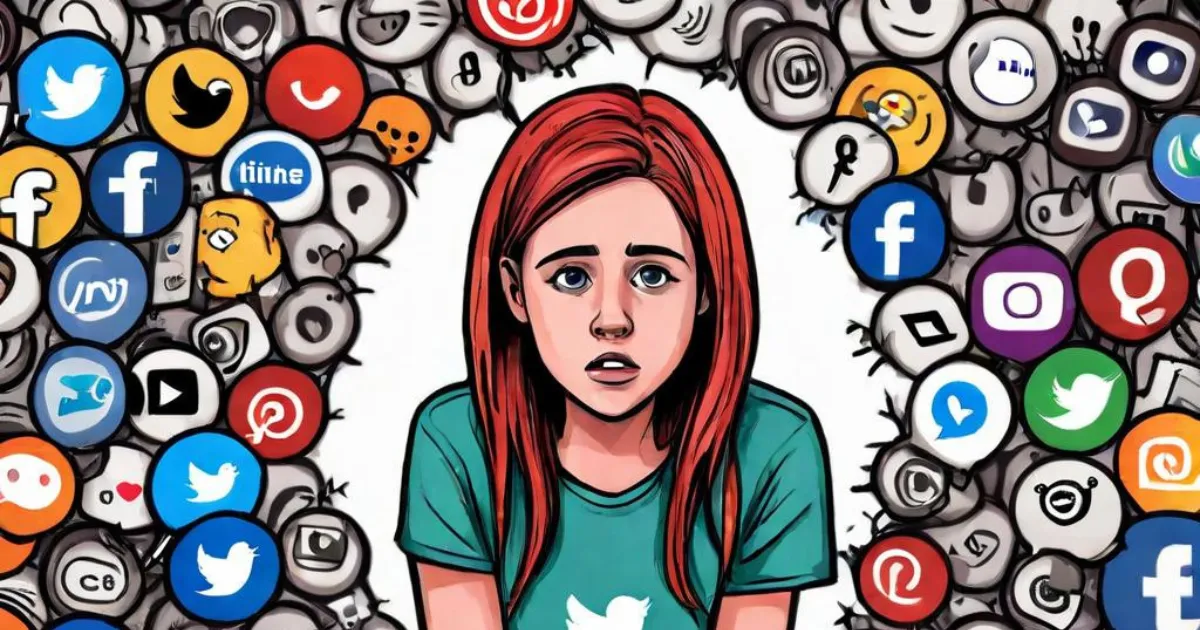In today’s digital age, social media has become an integral part of our lives. From connecting with friends and family to keeping up with global events, platforms like Facebook, Instagram, Twitter, and TikTok have revolutionized the way we communicate and consume information. However, as our dependence on these platforms grows, so do concerns about their impact on our mental health. This article delves into the intricate relationship between social media and mental health, highlighting both the positive and negative effects and offering insights on how to navigate this digital landscape mindfully.
The Beneficial Effects of Social Media on Mental Health
Connecting and Building Communities
One of the greatest advantages of social media is its power to bring people together. For individuals who feel isolated due to geographic, physical, or social constraints, social media provides a platform to find and interact with like-minded individuals. Support groups for various mental health conditions, such as depression and anxiety, thrive on platforms like Facebook and Reddit, offering a sense of community and support that might not be available offline.
Raising Awareness and Reducing Stigma
Social media has been instrumental in raising awareness about mental health issues. Campaigns like #BellLetsTalk and #MentalHealthAwareness have reached millions, fostering open conversations about mental health and reducing the stigma associated with mental illnesses. Influencers and celebrities sharing their mental health struggles can also encourage others to seek help and talk about their experiences.
Access to Information and Resources
Social media serves as a valuable resource for mental health information. Platforms like YouTube and Instagram offer a plethora of content from mental health professionals, including tips, advice, and coping strategies. Additionally, many organizations use social media to provide information on where and how to seek professional help, making mental health resources more accessible to a broader audience.
The Negative Impacts of Social Media on Mental Health
One of the most discussed negative impacts of social media is its role in fostering unhealthy comparisons. Platforms like Instagram and Facebook often portray an idealized version of reality, leading users to compare their lives unfavorably with others. This can result in feelings of inadequacy, low self-esteem, and depression, especially among young people, who are more vulnerable to these influences.
Cyberbullying and Online Harassment
Cyberbullying is a major issue prevalent on social media platforms. Unlike traditional bullying, cyberbullying can be relentless, pervasive, and difficult to escape. Victims of cyberbullying often experience increased anxiety, depression, and, in severe cases, suicidal thoughts. The anonymity provided by social media can also embolden individuals to engage in behavior they might avoid in face-to-face interactions.
Addiction and Time Management Issues
Social media platforms are designed to be addictive, with features like infinite scrolling and notifications constantly vying for our attention. This can lead to excessive use, which in turn can interfere with daily activities, sleep, and overall productivity. Social media addiction can also contribute to feelings of anxiety and depression as individuals struggle to balance their online and offline lives.
Fear of Missing Out (FOMO)
The constant barrage of updates and notifications can contribute to a phenomenon known as Fear of Missing Out (FOMO). FOMO can cause anxiety and a sense of inadequacy as individuals feel pressured to keep up with the seemingly exciting lives of others. This can lead to compulsive checking of social media, exacerbating feelings of stress and anxiety.
Managing Social Media Use for Improved Mental Health
Setting Boundaries and Limiting Use
To mitigate the negative effects of social media on mental health, it is crucial to set boundaries and limit usage. This can include scheduling specific times for social media use, turning off notifications, and using apps that track and limit screen time. Creating a balanced routine that prioritizes offline activities can help reduce dependence on social media.
Curating Your Social Media Feed
Being mindful of who and what you follow on social media can significantly impact your mental health. Curate your feed to include positive, uplifting content and unfollow accounts that make you feel anxious or inadequate. Engaging with supportive and encouraging communities can also create a more positive social media experience.
Practicing Digital Detox
Taking regular breaks from social media, known as digital detoxes, can be beneficial for mental health. These breaks can range from a few hours to several days, allowing individuals to reconnect with the real world, reduce stress, and gain a fresh perspective. During a digital detox, engaging in activities like reading, exercising, and spending time with loved ones can provide a healthy balance to the constant digital interaction.
Seeking Professional Help
If social media use is significantly impacting your mental health, seeking professional help is essential. Therapists and counselors can offer strategies to manage their use effectively and address any underlying mental health issues. Support groups and online therapy options can also provide accessible and affordable mental health care.
Conclusion
Social media is a double-edged sword, with the potential to both positively and negatively impact mental health. While it offers unparalleled opportunities for connection, support, and information, it also poses risks such as cyberbullying, addiction, and feelings of inadequacy. By setting boundaries, curating our feeds, practicing digital detoxes, and seeking professional help when necessary, we can navigate the social media landscape more mindfully and protect our mental well-being.

